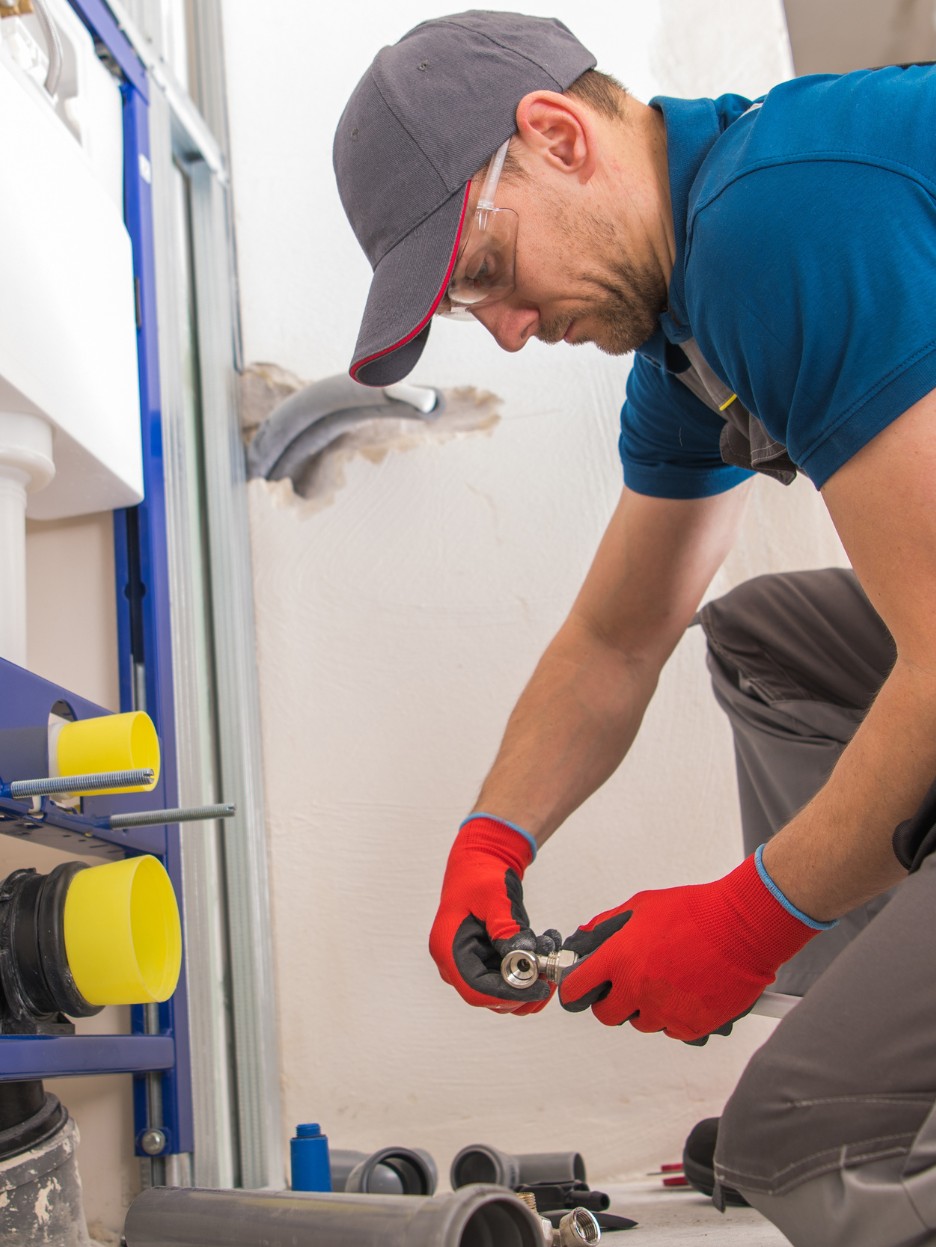Signs It's Time for a New Hot Water Heater and How to Choose the Right One
Your hot water heater is a crucial appliance in your home, providing comfort for daily activities like showering, washing dishes, and laundry. Over time, however, these systems can wear out, leading to inefficiency and potential breakdowns. In this article, we'll explore the signs indicating it's time for a new hot water heater and offer guidance on choosing the right replacement. Whether you're in need of hot water heater replacement or installation services, understanding the signs and selecting the appropriate unit is essential for a seamless transition.
Signs It's Time for a New Hot Water Heater:
1. **Age of the Heater*
Hot water heaters typically have a lifespan of 8-12 years. If your unit is approaching or has exceeded this range, it's prudent to consider a replacement, as older heaters are more prone to malfunctions and reduced efficiency.
2. **Inconsistent Water Temperature*
Fluctuating water temperatures or the inability to maintain a consistent hot water supply may indicate a failing heating element or other internal issues. If this problem persists despite adjustments, it may be time for a replacement.
3. **Strange Noises*
Unusual sounds, such as popping, banging, or rumbling, may signal sediment buildup in the tank. This sediment can reduce efficiency and cause damage to the heater. If flushing the tank doesn't resolve the issue, it might be time for a new unit.
4. **Water Leaks*
Any signs of water pooling around the base of the hot water heater are cause for concern. Leaks can lead to significant damage, and replacing the unit is often the best course of action.
5. **Rusty Water*
Rusty or discolored water coming from your taps indicates corrosion inside the tank. This not only affects water quality but also suggests the heater is deteriorating. A replacement is advisable in such cases.
Choosing the Right Hot Water Heater:
1. **Fuel Source*
Consider the available fuel sources for your new hot water heater. Common options include electric, gas, and tankless models. Choose one that aligns with your home's infrastructure and energy preferences.
2. **Tank Size*
The size of the water heater tank is crucial for meeting your household's hot water demands. Assess the number of people in your home and their water usage patterns to determine the appropriate tank size.
3. **Energy Efficiency*
Opt for an energy-efficient model to save on utility costs. Look for heaters with a high Energy Factor (EF) rating and consider ENERGY STAR certified models for added efficiency.
4. **Installation Cost and Space Requirements*
Evaluate the installation cost and space availability in your home. Tankless water heaters, for example, are compact and can be mounted on walls, saving floor space.
5. **Brand and Warranty*
Choose a reputable brand with positive reviews and a good warranty. A reliable warranty ensures that you're protected in case of defects or malfunctions.
Water Heater Installation and Replacement Near Me:
When it comes to water heater replacement, finding a reliable service provider is crucial. Conduct an online search for "water heater replacement near me" to identify local professionals. Read reviews, check credentials, and obtain quotes from multiple contractors to ensure you get quality service at a reasonable price.
Conclusion:
Recognizing the signs of a failing hot water heater and selecting the right replacement unit are essential for maintaining the comfort and functionality of your home. Whether you're facing hot water heater replacement or installation, carefully consider your options to make an informed decision. A well-chosen and properly installed hot water heater will not only meet your household's needs but also contribute to energy efficiency and long-term savings.
